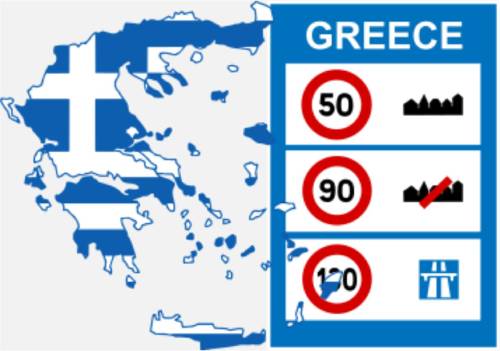Rental of various classes of cars
In more than 12 rental offices in Greece
Rental of various classes of cars
In more than 12 rental offices in Greece
5/5
5/5
5/5
5/5
5/5
5/5

Renting a car gives travelers freedom of movement, which is a key advantage. Unlike public transportation, which can suffer from delays and schedule constraints, a car provides the freedom to choose your route. Greece is known for its many islands and picturesque mountain villages that are difficult to reach by bus or train. Using a car allows you to make stops at scenic spots, enjoy the surrounding scenery, take photos and explore remote regions.
Traveling by car saves a lot of time, especially if you plan to visit several places in one day. For example, traveling from Athens to Delphi by public transportation can take about 3 hours, while by car it will take about 2 hours. This time can be used for additional excursions or relaxation.
Renting a car is a convenient and comfortable solution for travelers with luggage or children. Public transportation is often not equipped to carry a large number of things, which can make traveling with small children difficult. Personal transportation allows you to customize the climate in the cabin, take all the things you need, and enjoy your trip at your own pace.

Compliance with traffic regulations is a key prerequisite for ensuring safety on the road. In Greece, specific speed limits are set: in urban areas the maximum speed should not exceed 50 km/h, in areas outside populated areas 90 km/h and on highways 130 km/h.
Greece has strict rules regarding the permissible blood alcohol level of drivers. The limit for regular drivers is set at 0.5 ppm, while for novice drivers, as well as for professionals with less than two years of driving experience or driving commercial vehicles, the threshold is lowered to 0.2 ppm. Violations of these standards carry significant fines and, in serious cases, imprisonment.
Road markings and signs in Greece are in line with European standards. It should be emphasized that there are significant fines for running a red light, using a cell phone while driving and not wearing a seat belt. Parking is prohibited in yellow marked areas, while in blue marked areas parking fees are generally required.
Prices for renting a car in Greece can vary greatly depending on various factors: time of year, location, class of car and duration of the rental. During the high tourist season, in summer, prices are usually higher. For example, a day rental of an economy class in Athens can cost from 30 to 50 euros, while in Thessaloniki or on the islands the price can be from 40 to 70 euros per day.
When renting a car, you should take into account potential additional costs: insurance, child seats, GPS and additional drivers can add significantly to the total cost. In addition, there are additional charges for returning the car to a location other than the point of pickup.
Long-term car rentals are often more cost-effective than short-term rentals. For example, a week's rental of an economy car can cost between 60 and 100 euros, which is considerably less than paying for each day separately.
Athens is a prime destination for renting a car due to its role as the capital and economic center. The city provides plenty of options to choose from, making it possible to find the best deals. However, traffic in Athens is quite dense, which is something to consider when planning trips.
Thessaloniki, the second largest city in Greece, also has a large number of rental agencies. Combining historical heritage with a modern atmosphere, this city is an excellent starting point for traveling in northern Greece and Halkidiki.
Crete, Rhodes, Corfu and Santorini are popular tourist destinations with excellent car rental deals. These islands have a well-developed road network and many tourist attractions. Renting a car here is especially popular as it allows you to explore places where public transportation does not reach.
To rent a car in Greece, foreigners must present the following documents: international driver's license, passport and credit card. Carefully check the validity of the license and passport. Some rental companies may require a minimum driver age of 21 to 25 years old with at least one year of driving experience.
The rental price usually includes basic insurance (CDW), which covers damage to the car but does not waive the deductible in case of an accident. It is recommended to purchase extended insurance (SCDW or FDW), which reduces or waives the deductible altogether. It is also important to check that the insurance policy covers damage to third parties and includes theft insurance.
Make sure your vehicle is in good working order before you set off. Check the fuel level, spare tire, jack and other necessary tools. Also, brush up on local traffic regulations.
Greek roads can be different from what you are used to, especially in rural areas and mountainous sections. Be prepared for narrow roads, blind corners and steep descents. Remember that populated areas are often at higher elevations, requiring extra attention.
Parking in cities can be a challenge given the narrow streets and lack of spaces. Use public parking lots and avoid illegal parking as the fines are substantial. Also look out for tourist areas and paid parking lots.
Cities, airports and train stations where you can rent a car in Greece